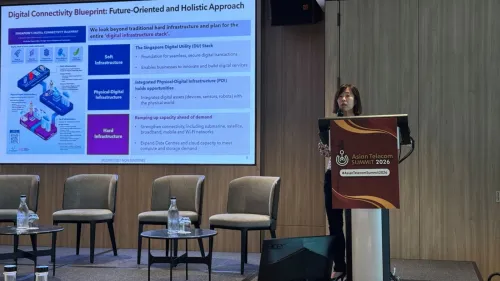Underfunded cybersecurity leaves governments open to ransomware attacks
Sensitive data, outdated policies, and underfunded defences create a perfect storm for ransomware.
Ransomware attacks are crippling government systems worldwide, exposing critical weaknesses in cybersecurity infrastructure and jeopardising sensitive citizen data. Experts warn that a combination of outdated policies, limited funding, and the growing sophistication of cyberattacks has left governments ill-equipped to defend themselves.
“The sensitivity of information that they keep makes them a prime target for cybercriminals and ransomware operators,” said Aaron Bugal, Field Chief Technology Officer for APJ at Sophos.
Compounding the issue, government bureaucracy often delays the adoption of critical updates. “A lot of the red tape involved in changing processes and policies within governments can exacerbate the problem by giving cybercriminals more time to craft their attacks,” Bugal explained.
At the local level, the lack of resources has left systems even more exposed. “State and local governments suffer from underfunding. Any funding they've had has been focused on just basic firewalls or basic cyber defences, whereas ransomware attacks have actually gotten more sophisticated and easier to implement,” said Danielle VanZandt, Research Manager at Frost & Sullivan.
For citizens, these breaches can mean losing access to essential services such as online bill payments and other critical government functions. “Depending on how long it takes for governments to recover, the operational downtime can be incredibly costly, both financially and in terms of public trust,” VanZandt noted.
With ransomware growing more sophisticated, experts stress the urgent need for governments to revamp their cybersecurity strategies, starting with robust backup systems. “Treating backup systems like critical infrastructure is really good practice to ensure they remain protected and can be relied upon when the inevitable strikes,” Bugal advised.
VanZandt emphasised the importance of proactive monitoring and evaluation. “Knowing what is a normal, good operational standard and ensuring backups haven’t been compromised is key to mitigating risks,” she said.










